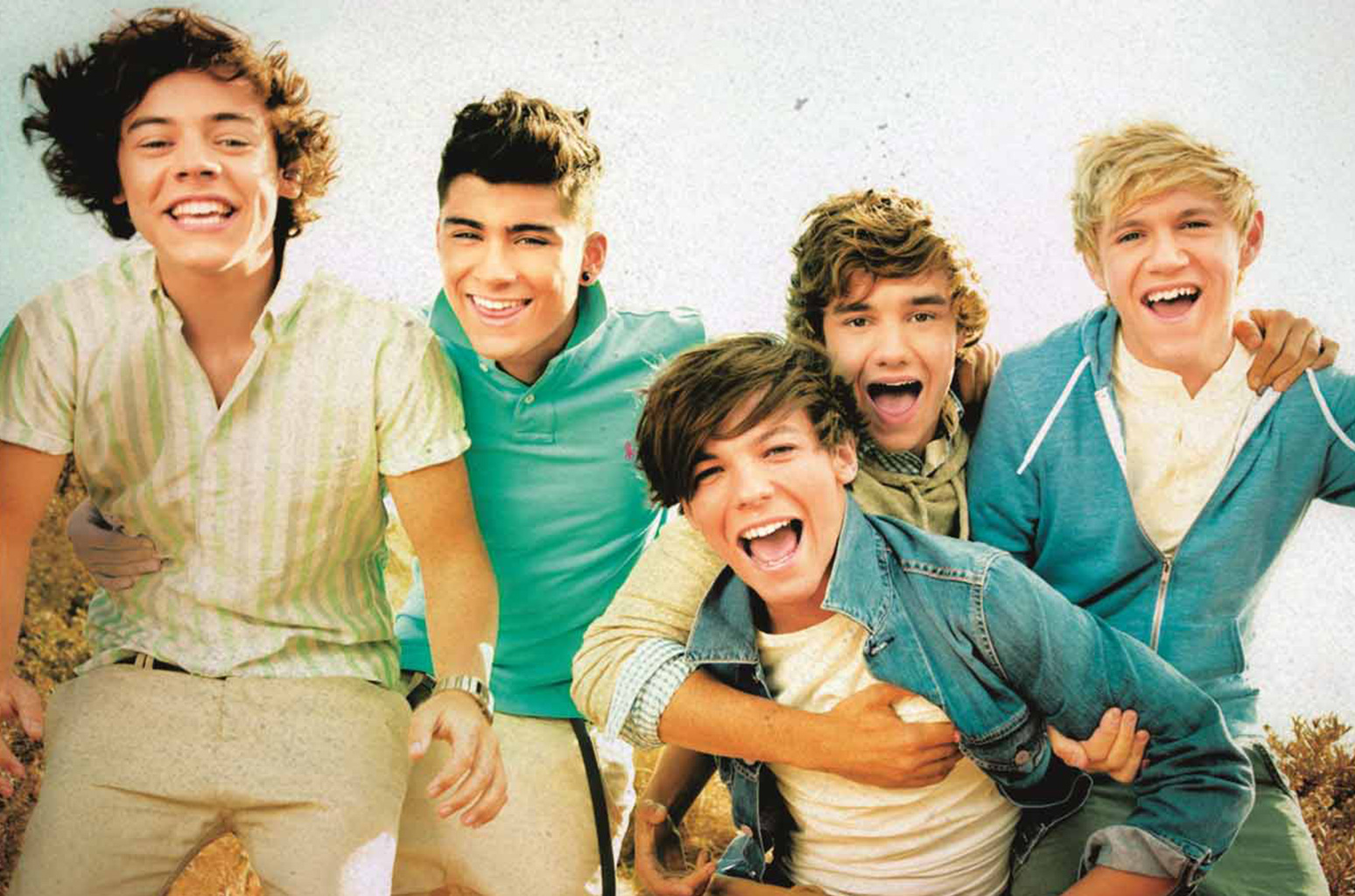It’s 2012. One Direction have just released their second album, Take Me Home. Everything is right in the world. You and your friends are practicing your dance moves for the Video Star you’re about to make to ‘Heart Attack’, adorned in that ‘Future Mrs Styles’ t-shirt you used to wear to death.
One of your friends is recounting for possibly the hundredth time the tale of how Louis definitely pointed at her when she saw them on tour, and one is about to fall out with everyone else because she genuinely believes The Wanted are the better band. What would your tween years have been without the existence of that boyband, really?
Growing up any time between the 90s and the early 2010s meant that at least part of your youth was dominated by boy bands – from NSYNC and Backstreet Boys to the Jonas Brothers and JLS, the entire concept of the boy band was a mainstay in the music industry. However, in recent years this has waned so significantly that it raises the question: is the boy band dead?
Admittedly, there have been multiple attempts to bring new life to the concept – namely by Simon Cowell. Yet his latest endeavour into boyband territory, PrettyMuch, has ultimately fallen flat. It is becoming increasingly apparent that the success of previous boybands is largely unattainable anymore – the competitive existence of boy bands before has been lost now, as they are so fundamentally scarce. Some of this is perhaps down to the reception boybands receive in the media – predominantly associated with obsessive young female fans, many bands found themselves discredited purely on the basis of their fanbase.

This is arguably related to a disregard of the legitimacy of teenage girls’ opinions – the idea of having ‘fangirls’ is aligned with being less credible or serious as a band, which is incredibly problematic, and an issue which particularly afflicts boybands. As this has become more rampant in a modern age, it is possibly reflective of how being labelled a boyband has become something which many bands strive against – for example, 5 Seconds of Summer at the height of their career were fervently adamant they were simply a band, not a boyband. They did everything in their power to be labelled otherwise, which is indicative of how ‘boyband’ has potentially become a dirty word.
Growing up any time between the 90s and the early 2010s meant that at least part of your youth was dominated by boy bands – from NSYNC and Backstreet Boys to the Jonas Brothers and JLS, the entire concept of the boy band was a mainstay in the music industry.
The idea of the boyband is ultimately one which is intricately controlled by management – they tend to be overly commercialised and defined, and this is something which in modern music is conceivably not something to aspire towards. As the music industry has developed, there has become more room for diversity and individuality, so something as strictly defined and restrictive doesn’t quite fit.
As we become more progressive, opportunity for female, POC and LGBTQ+ artists arises, and for this to do so it could be argued that the traditional notion of the boy band may have to take a backseat. Moreover, the modernisation of music has undoubtedly impacted this too – with things like Spotify and their enormous catalogue of music, alongside social media to find recommendations that you may never have found previously, there is a considerably greater freedom to explore music more widely, developing and diversifying your music taste in a way that wasn’t as accessible as before. Thus, it isn’t a case of boybands being heavily played in mainstream music media through radio etc., – there is more chance to listen to the music you choose, and this freedom perhaps comes at the detriment of the boyband.

Image via Janky Smooth

However, it could be regarded that the concept of the boyband has not disappeared completely; rather, the meaning of the boyband has just been entirely redefined to the point where these bands are not recognisable as what would previously have been considered a boyband. Still, we can consider them as boyband’s. Hip-hop collective BROCKHAMPTON have branded themselves as the “best boy band since One Direction”, but raucous and revolutionary, they are starkly contrast the squeaky-clean boybands dominating the genre previously. Similarly, K-Pop band BTS have helped to diversify the concept considerably – boybands have generally been an inherently Westernised idea, so for a South-Korean band to be selling out two nights at London’s O2 Arena is ground-breaking. Both provide a fresh take on a genre which has possibly overdone the same tropes one too many times – arguably, bands like BROCKHAMPTON and BTS bring a new lease of life to the idea of the boyband.
This is implicative of how in a modern age, the boyband is much less formulaic and something which has become embodied by freedom to take the idea in any direction a band may choose. Admittedly, the boyband as we know it is dead. Nevertheless, a new wave of boy bands shaking up the notion are ready to take the stage.
Neive McCarthy
Header Image via Billboard

